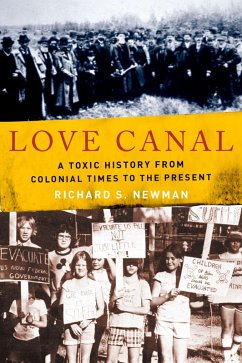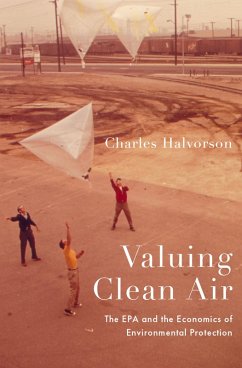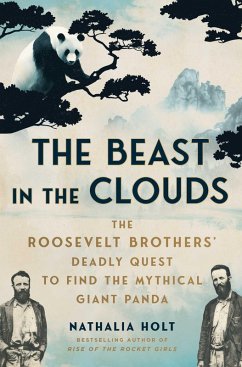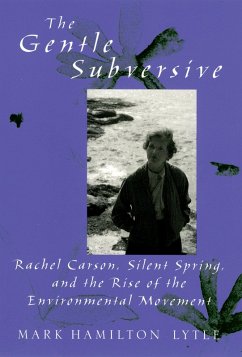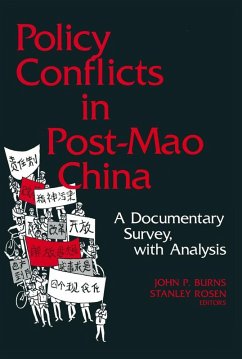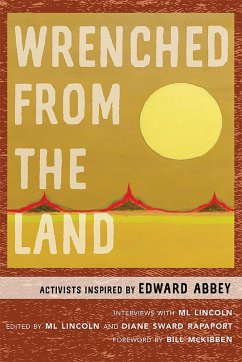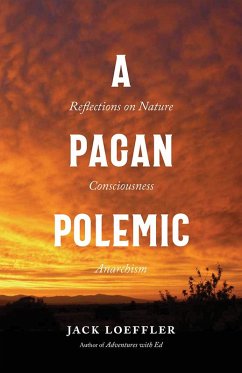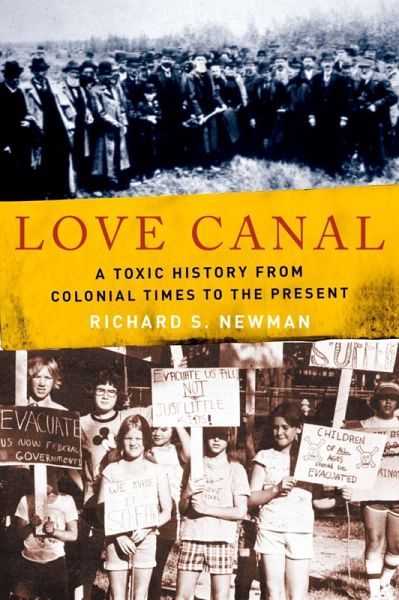
Love Canal (eBook, ePUB)
A Toxic History from Colonial Times to the Present

PAYBACK Punkte
4 °P sammeln!
In the summer of 1978, residents of Love Canal, a suburban development in Niagara Falls, NY, began protesting against the leaking toxic waste dump in their midst-a sixteen-acre site containing 100,000 barrels of chemical waste that anchored their neighborhood. Initially seeking evacuation, area activists soon found that they were engaged in a far larger battle over the meaning of America's industrial past and its environmental future. The Love Canal protest movement inaugurated the era of grassroots environmentalism, spawning new anti-toxics laws and new models of ecological protest. Historian...
In the summer of 1978, residents of Love Canal, a suburban development in Niagara Falls, NY, began protesting against the leaking toxic waste dump in their midst-a sixteen-acre site containing 100,000 barrels of chemical waste that anchored their neighborhood. Initially seeking evacuation, area activists soon found that they were engaged in a far larger battle over the meaning of America's industrial past and its environmental future. The Love Canal protest movement inaugurated the era of grassroots environmentalism, spawning new anti-toxics laws and new models of ecological protest. Historian Richard S. Newman examines the Love Canal crisis through the area's broader landscape, detailing the way this ever-contentious region has been used, altered, and understood from the colonial era to the present day. Newman journeys into colonial land use battles between Native Americans and European settlers, 19th-century utopian city planning, the rise of the American chemical industry in the 20th century, the transformation of environmental activism in the 1970s, and the memory of environmental disasters in our own time. In an era of hydrofracking and renewed concern about nuclear waste disposal, Love Canal remains relevant. It is only by starting at the very beginning of the site's environmental history that we can understand the road to a hazardous waste crisis in the 1970s-and to the global environmental justice movement it sparked.
Dieser Download kann aus rechtlichen Gründen nur mit Rechnungsadresse in A, B, BG, CY, CZ, D, DK, EW, E, FIN, F, GR, HR, H, IRL, I, LT, L, LR, M, NL, PL, P, R, S, SLO, SK ausgeliefert werden.




